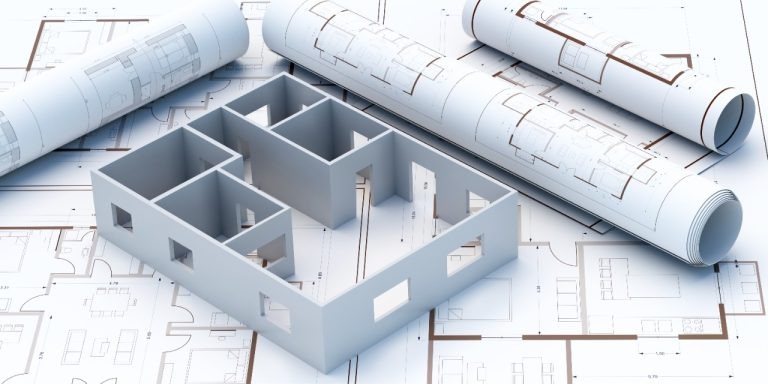How Do Construction Contractors Estimate Project Costs?

Estimating project costs accurately is vital for construction contractors to bid competitively, manage budgets effectively, and ensure profitability. Here’s an overview of how construction contractors in Qatar typically estimate project costs:
Initial assessment and scope definition:
Before estimating costs, contractors conduct an initial assessment to understand the project scope, objectives, and client requirements. They review architectural drawings, engineering plans, specifications, and any other relevant documents to identify the scope of work, materials needed, labor requirements, and project timelines.
Quantity takeoff:
The quantity takeoff is a detailed process where contractors quantify and measure the materials, labor, and equipment needed for each phase of the construction project. They break down the project into components such as excavation, foundation, structural framing, roofing, electrical, plumbing, finishes, and landscaping. Quantity takeoffs may be performed manually or with the assistance of digital takeoff software to ensure accuracy.
Labor costs:
Estimating labor costs involves determining the number of workers required for each phase of the project and calculating their hourly wages or salaries. Contractors consider factors such as skill levels, labor productivity rates, overtime requirements, and any additional labor-related expenses such as insurance and benefits.
Material costs:
Contractors gather quotes from suppliers or use historical data to estimate the costs of materials required for the project. They consider factors such as material quantities, quality grades, market prices, delivery charges, and price fluctuations. Specialized materials or custom orders may require additional cost adjustments.
Equipment costs:
Estimating equipment costs involves assessing the need for machinery, tools, and heavy equipment required to complete the project. Contractors consider rental rates, fuel costs, maintenance expenses, and the duration of equipment usage. They may also factor in depreciation costs for owned equipment used on the project.
Subcontractor quotes:
For specialized tasks or trades, contractors obtain quotes from subcontractors who will perform specific aspects of the project, such as electrical work, plumbing, HVAC installation, or concrete pouring. Subcontractor quotes include labor costs, materials, equipment rentals, and overhead expenses.
Contractors include overhead costs in their estimates to cover indirect expenses such as office rent, utilities, administrative salaries, insurance, and general project management expenses. They also allocate a contingency fund to account for unforeseen events, changes in project scope, inflation, or unexpected expenses that may arise during construction.




